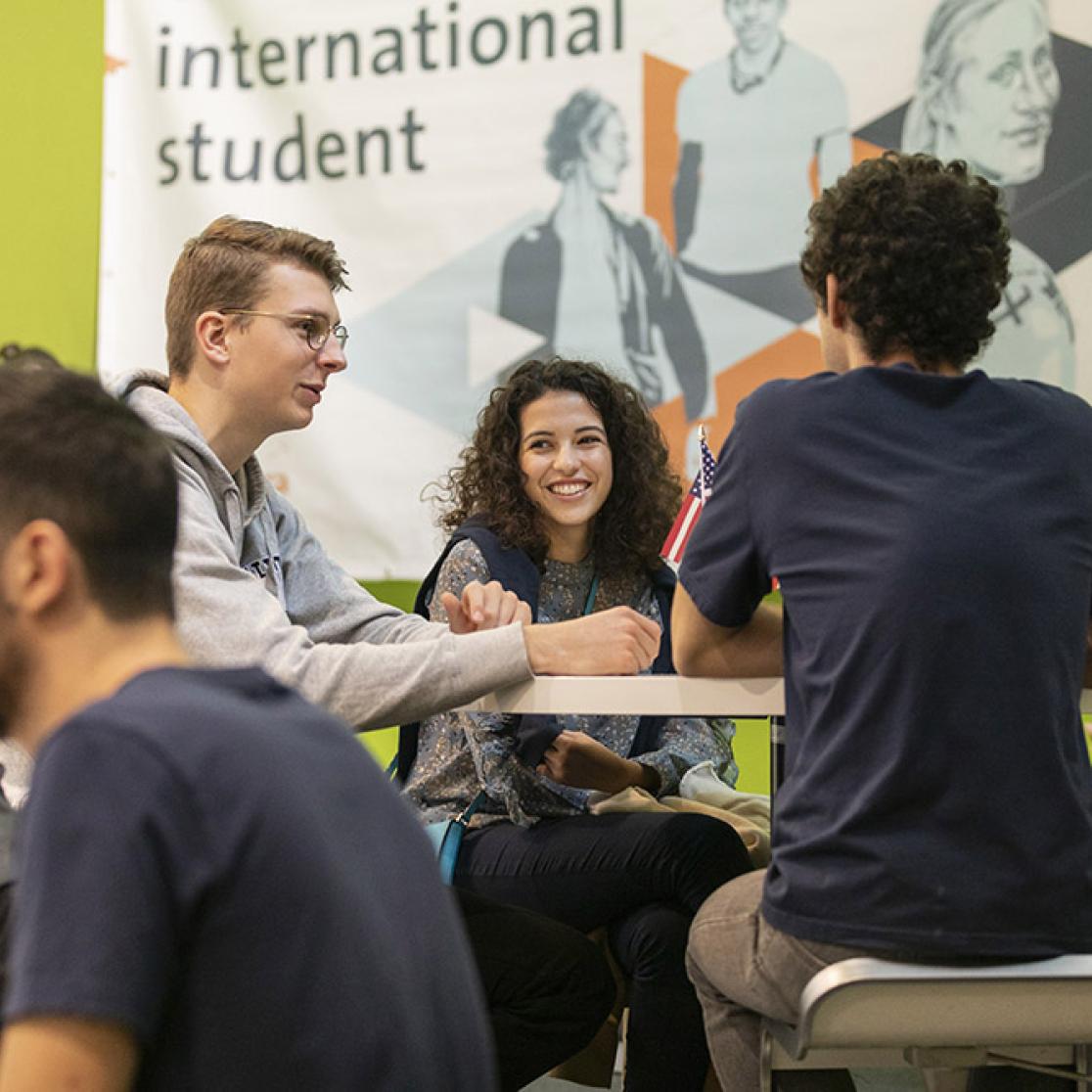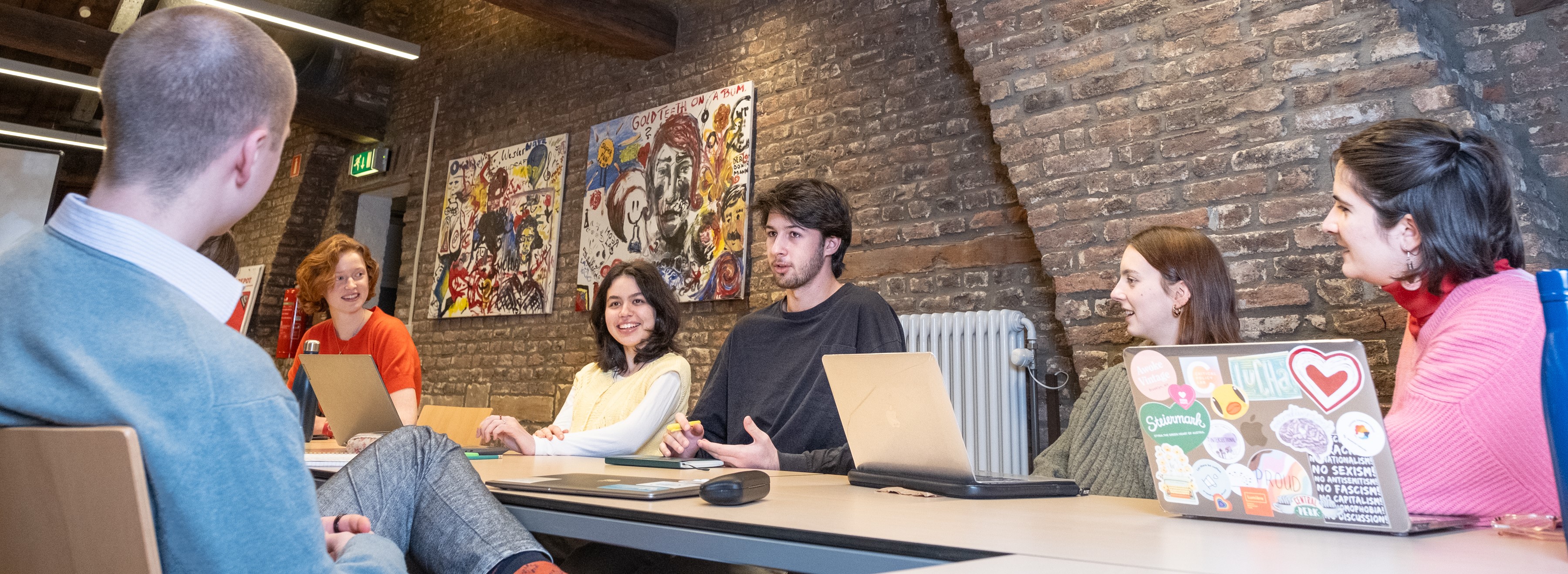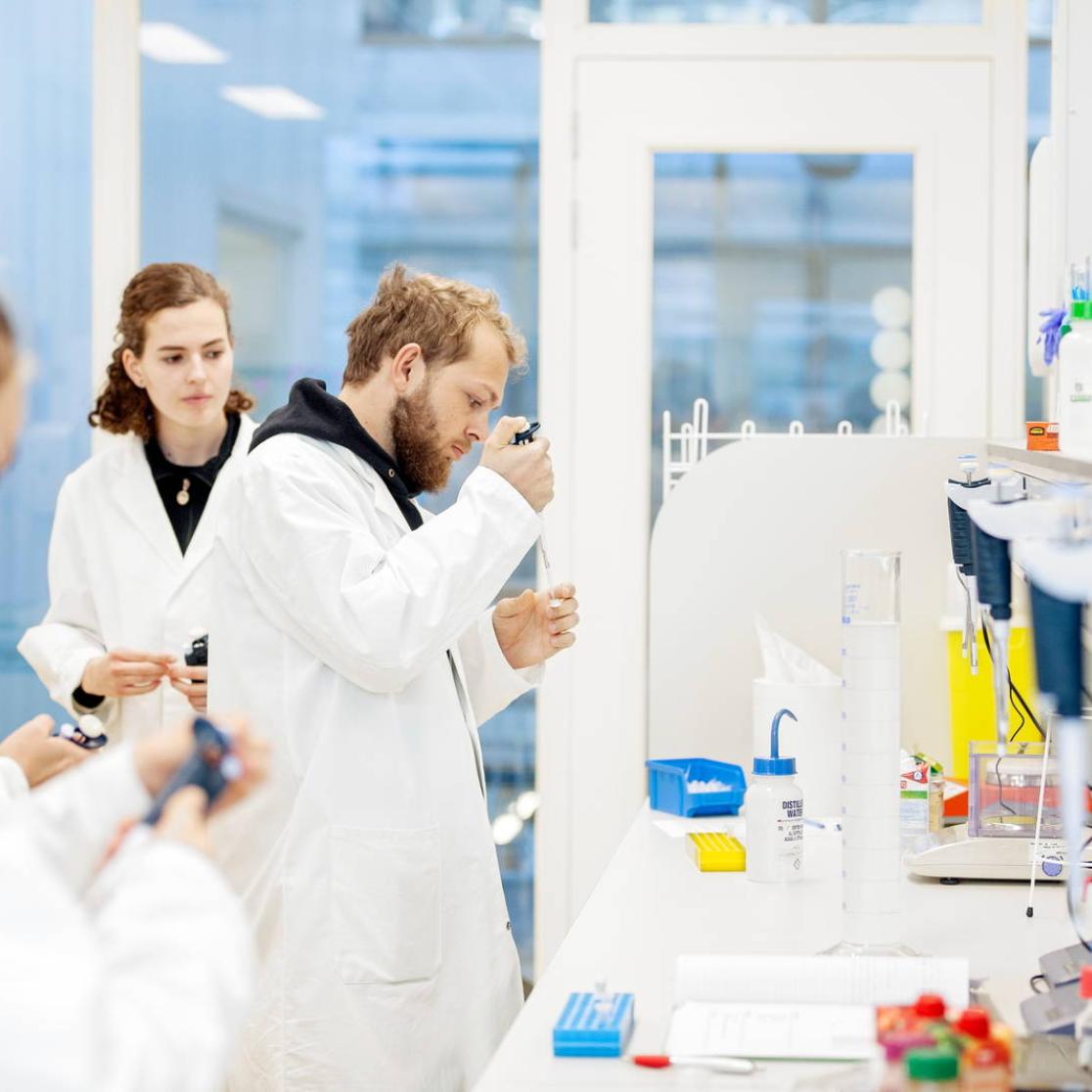Welcome counsellors!
Dear counsellors,
Welcome to Maastricht University. On this page, you’ll find key information to help your students apply for one of our programmes.
Of course, if you need more details about programmes and procedures, feel free to send us an email.
Or join the “Dutch Higher Education Counselling and Admissions Group” on Facebook and post your questions there.
Application procedure
Applicants must first register through Studielink, the central Dutch system managing higher education applications and enrollments. Here, you can choose the Maastricht University programme you wish to apply for.
As application processes vary by programme, Maastricht University offers a step-by-step guide on each programme’s "Admission & registration" page. This includes essential information such as deadlines, admission requirements, necessary documents and assessment details.
For students with non-Dutch diplomas, Maastricht University evaluates if these are equivalent to the Dutch pre-university (vwo) diploma, with a list of qualifying non-Dutch diplomas available online.
Additionally, check this list for specific subject requirements for certain programmes.
Deadlines bachelor’s programmes
Application deadlines | EU | Non-EU/EEA |
|---|---|---|
| Numerus fixus programmes | ||
| Brain Science | 15 January | 15 January |
| European Law School | 15 January | 15 January |
| International business | 15 January | 15 January |
| Medicine (NL) | 15 January | 15 January |
| Psychology | 15 January | 15 January |
| Selective programmes | ||
| Economics and Business Economics | 15 January (early deadline) 1 May (ultimate deadline) | 15 January (early deadline) 1 May (ultimate deadline) |
| Global Studies | 1 March | 1 March |
| Maastricht Science Programme | 1 May | 1 April |
| University College Maastricht | 1 March | 5 January |
| University College Venlo | 1 July | 1 June |
Application deadlines | EU | non-EU |
|---|---|---|
| Open bachelor's programmes | ||
| Arts and Culture | 1 May | 1 April |
| Biomedical Sciences | 1 May | 1 April |
| Business Analytics | 1 May | 1 April |
| Business Engineering | 1 May | 1 April |
| Circular Engineering | 1 May | 1 April |
| Computer Science | 1 May | 1 April |
| Data Science and Artificial Intelligence | 1 May | 1 April |
| Digital Society | 1 May | 1 April |
| Dutch Law (NL) | 1 May | 1 April |
| Econometrics and Operations Research | 1 May | 1 April |
| European Public Health | 1 May | 1 April |
| European Studies | 1 May | 1 April |
| Health Sciences (NL) | 1 May | 1 April |
| Regenerative Medicine and Technology | 1 May | 1 April |
| Tax Law (NL) | 1 May | 1 April |

Information activities
What it's like to study at UM? Check out our online Campus Tour!
Frequently asked questions
What is the minimum score/grade required?
For most programmes, if it is not stated, there is no minimum score or grade required beyond graduation. If an admissions officer concludes that your student is expected to graduate, they - in principal - qualify for admission to the programme.
How can I prove the student has sufficient means to graduate with the diploma?
Predictive scores and transcripts are used by admissions officers to assess a student’s application.
What are the differences between Numerus Fixus, selective and open programmes?
The Numerus Fixus programmes have a limited number of spaces available. Applicants compete for these limited spots on the basis of their grades and further selection criteria.
Selective programmes have a demanding curriculum that requires a certain type of students. In order to find the right students, they have selection procedures in place to assess an applicants motivation.
For an open programme, applicants qualify - in principle - for admission as long as they meet the diploma and subject requirements. If they prefer to do so, applicants can partake in a matching procedure to see if they are the right fit with the programme.
What does ‘in principle qualify for admission’ mean?
It means that the applicant meets the admission requirements and can start their studies, under the condition that they meet the set enrolment requirements, such as graduating and paying their tuition fees, by the designated deadline.
What is considered the most important when applying?
A student diploma and subjects. As long as a foreign diploma is deemed equivalent to the Dutch VWO diploma, a student can be admitted to the open programmes, provided that other subject requirements are met.
What if the students do not have the right subjects for the programmes?
There are alternative ways to make up for the subject deficiency such as extra exams. Please check the 'Admission requirements' page of the programme in question to see how your student can make up for the deficiency.

